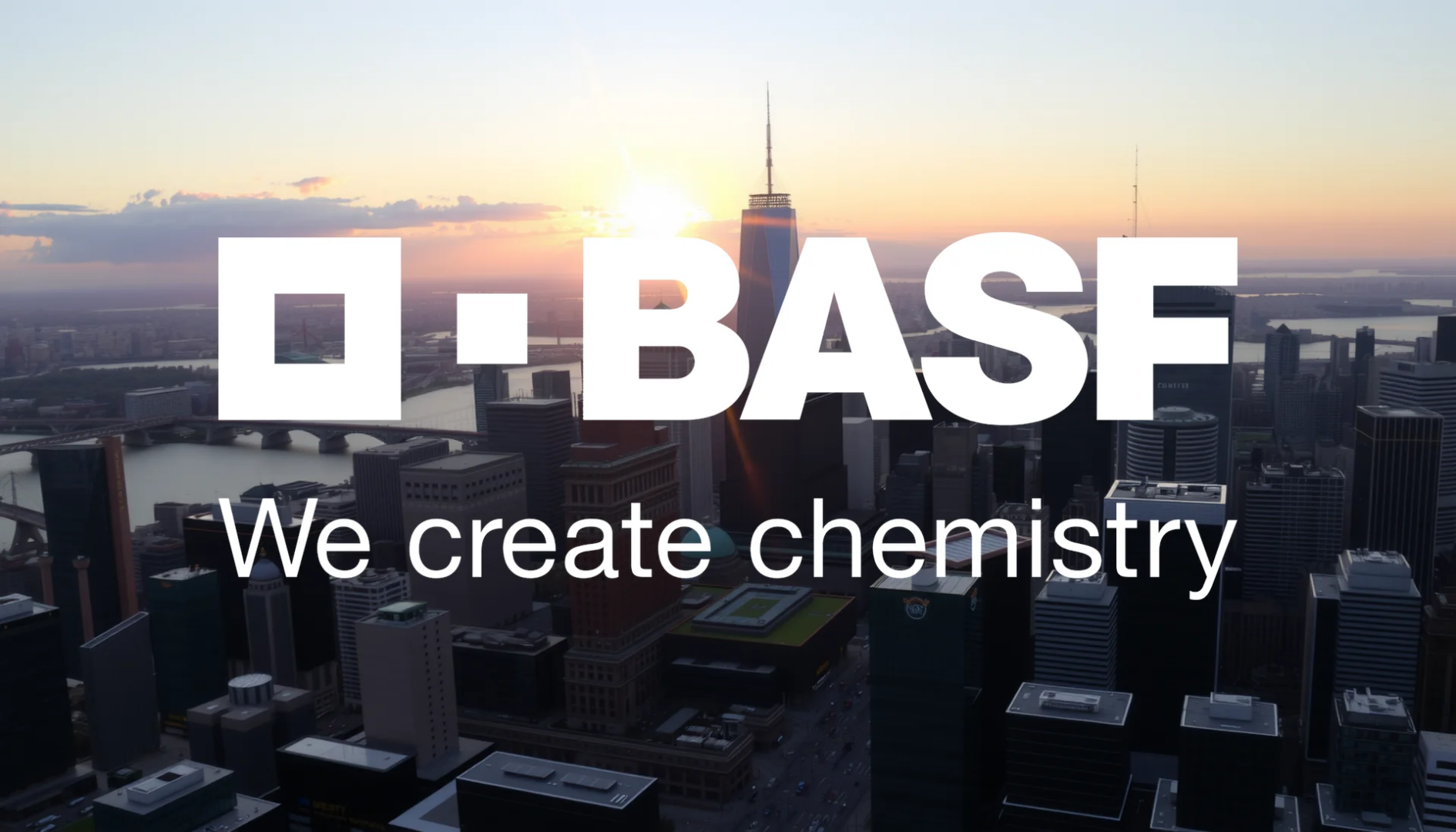BASF has announced one of the most significant transactions in its corporate history, a multi-billion euro deal that simultaneously injects substantial capital into the company while creating what some analysts see as a potentially problematic ongoing relationship. The chemical giant will receive €7.7 billion for its coatings division yet will maintain a 40 percent stake in a business that remains heavily exposed to the struggling automotive sector.
Financial Mechanics of the Transaction
The agreement with private equity firm Carlyle and Qatar Investment Authority represents a complex financial arrangement:
- Transaction Value: The coatings business commands a total value of €7.7 billion
- Immediate Proceeds: BASF will receive approximately €5.8 billion in cash
- Retained Stake: The company will hold a 40 percent interest in the venture
- Total Division Value: Including previously sold segments, the division reaches an overall valuation of €8.7 billion
Dr. Markus Kamieth, BASF’s CEO, has positioned this move as a cornerstone of the company’s “Winning Ways” strategic initiative. “Our decision to maintain a capital stake demonstrates our confidence in the future value creation potential of this business,” stated the Chairman of the Board of Executive Directors. However, market observers note the division has faced significant headwinds from the deteriorating automotive market.
The Automotive Dependency Challenge
While Carlyle describes the acquisition as an “exceptional platform with leading technologies,” the underlying business faces fundamental challenges. The coatings operation encompasses three primary segments:
Should investors sell immediately? Or is it worth buying BASF?
- Original equipment manufacturer automotive paints
- Refinish coatings for repair shops
- Surface treatments for industrial clients
This comprehensive exposure to the automotive industry has pressured profitability in recent years. Although the valuation of 13 times EBITDA appears attractive initially, questions remain about how the business would withstand further deterioration in automotive production.
Investor Sentiment and Strategic Implications
The substantial proceeds provide BASF with increased financial flexibility, potentially enabling the acceleration of its planned share buyback program of at least €4 billion scheduled for 2027-2028. Yet simultaneously, the company remains tethered to a business that shares its core vulnerability: dependence on the cyclical automotive industry.
Market reaction appears cautious, with shares trading at €42.32—approximately 21.6 percent below their 52-week high. The Relative Strength Index reading of 32.3 indicates potential oversold conditions, but the fundamental question persists: Can BASF successfully navigate its transformation while maintaining significant exposure to its traditional business segments?
The transaction is expected to finalize in the second quarter of 2026, pending regulatory approvals from more than 20 authorities worldwide. This timeline gives BASF opportunity to address the central strategic question: Is the company genuinely shedding legacy operations, or simply restructuring its dependencies?
Ad
BASF Stock: Buy or Sell?! New BASF Analysis from February 7 delivers the answer:
The latest BASF figures speak for themselves: Urgent action needed for BASF investors. Is it worth buying or should you sell? Find out what to do now in the current free analysis from February 7.
BASF: Buy or sell? Read more here...











